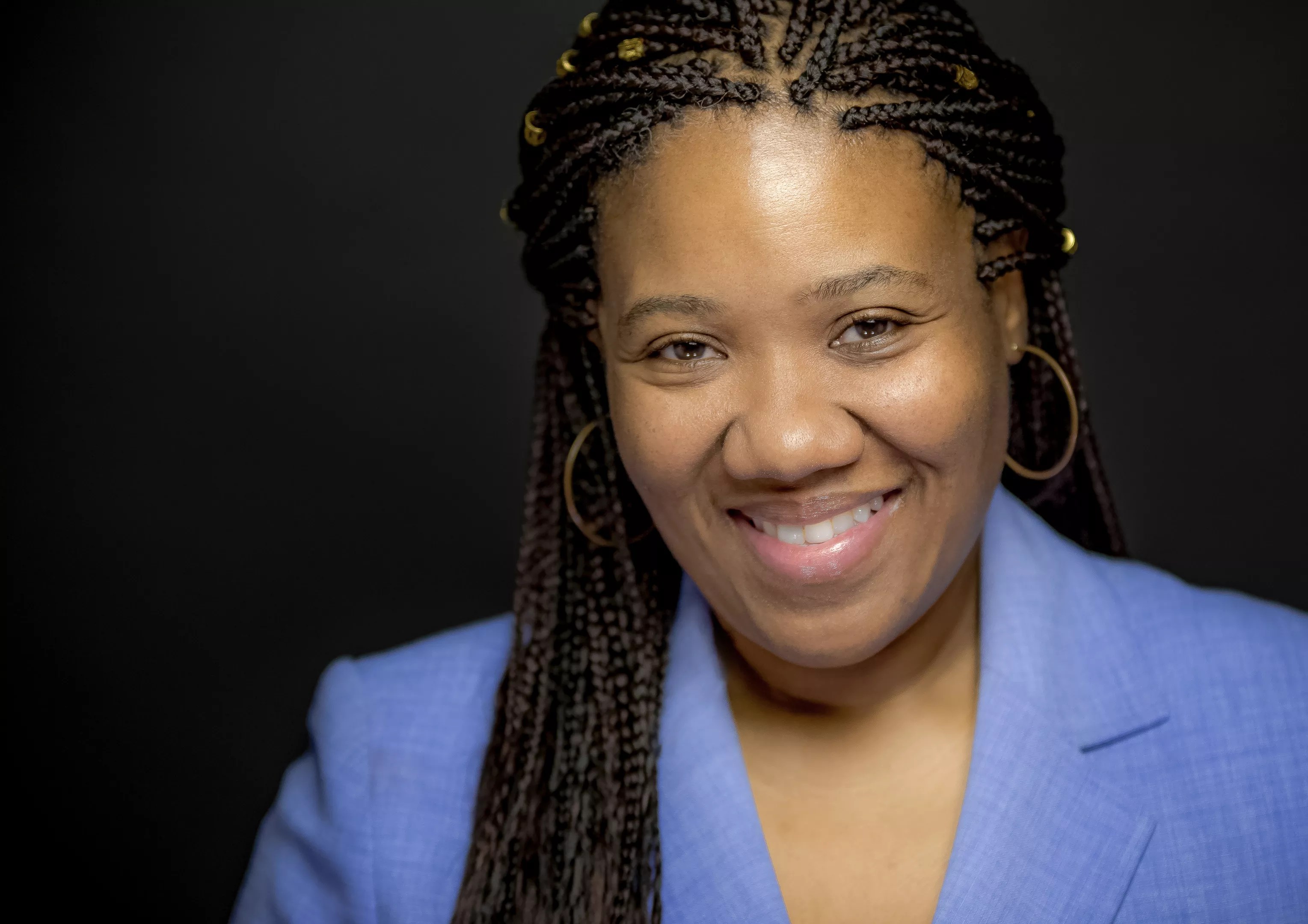
Ian Miller / HotOnTheLens Photography

Audio By Carbonatix
Last week, WFAA reported that two men in Dallas were arrested for trafficking a 13-year-old girl. That’s how old Tonya Stafford was when her mother sold her for drugs.
Stafford’s abuser held her captive for 10 years in Dallas, she said, but she escaped to a safe house with the help of a neighbor in 1996. There, she and her three children received trauma counseling and resources, she said.
Through that experience, Stafford said she discovered her life’s purpose. In 2014, she founded her own Dallas-based nonprofit, It’s Going to Be OK Inc., to aid sex trafficking survivors.
“I in turn started rescuing, restoring and rebuilding, and giving them the life that they deserve – girls and women of trafficking and their children,” she said.
Human trafficking has long been an issue, but some survivors’ advocates have noted an uptick in reported cases since the coronavirus pandemic began. Lockdown measures may be exacerbating the problem, and experts fear that both labor and sex exploitation rates will skyrocket.
Since school has moved online, young girls may be spending more time on social media, said Stephanie Byrd, secretary of the board at Fort Worth’s Unbound, an organization that serves trafficking survivors. A criminal can easily lure an abused teen into leaving home by coaxing them with compliments and false promises of a better life, she said.
“I think there are reasons to be concerned about the impact of COVID-19 on human trafficking,” she said.
“I can tell you that we’re serving more survivors than we ever have before; more are being identified,” she continued.
Texas has the second-highest rate of human trafficking within the United States, said Jessica Brazeal, chief programs officer of New Friends New Life, a Dallas-based nonprofit dedicated to survivors. In Dallas, around 400 teens are sold for sex every night as part of a $99 million human trafficking industry, according to the organization’s website.
The problem has also gotten worse nationwide. From January to June, online enticement of children increased by around 93% when compared with the same time period the previous year, according to the National Center for Missing and Exploited Children. Cyber tipline reports increased by more than 90% during the same time.
“It is happening everywhere and [people] don’t realize it.” – Advocate and Survivor Tonya Stafford
Sex trafficking frequently gets conflated with sex work, Brazeal said, but there is a difference between the two. The former can be defined as forced commercial sexual exploitation, where the victim doesn’t receive compensation. Those who engage in sex work, however, do so of their own volition, abd no one is benefiting financially other than themselves, she said.
Still, under the Texas Penal Code, the legal definitions of the practices can overlap, said Dallas Police Department Lt. Gerald Smalley. Consent is not always clear-cut, he said.
“If you were to talk to [sex workers] individually, you might feel that they’re doing it consensually, until they end up getting beat up or raped or stabbed or threatened,” Smalley said. “But it’s their mental state where they start to accept that violence is normal to them.”
Although anyone can become a victim, Byrd said that most aren’t snatched up off the street. Rather, they are frequently vulnerable people who experienced sexual abuse or neglect in their childhood, she said.
Byrd said that one study found that survivors usually have at least two things in common: Their basic needs were not being met, and they did not have healthy relationships with their caregivers.
“Every child should grow up with at least one, hopefully many, protective adults in their lives, but we know that that’s not always the case,” she said.
Stafford said that the coronavirus pandemic has encouraged sex traffickers to scour the web for victims. Children these days are schooling from home, so there’s an increase in their online activity, she said.
From there, vulnerable children could be tricked into the human trafficking trade, Stafford said.
In addition, the pandemic has caused some parents to become desperate due to job loss, she said. In instances of “familial trafficking,” Stafford said that parents will sell their children because they need money.
Dallas is a “hub” for human trafficking, Stafford said, but in recent years, the surrounding suburbs have also become hot spots. Now, much of the traffic is occurring “right out of the home next door that looks just like yours,” she said.
“It is happening everywhere and [people] don’t realize it,” Stafford said. “We have to just be vigilant right now.”